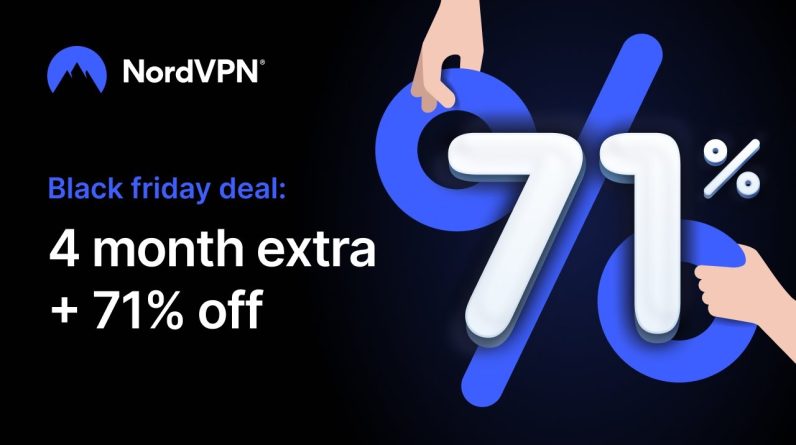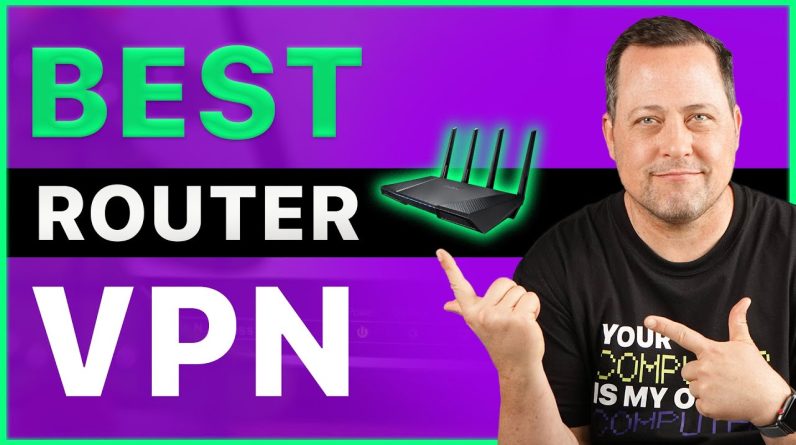Preventing being spied on when you’re online is essential for protecting your privacy and security in an increasingly digital world. Here are some measures you can take to enhance your online privacy and reduce the risk of surveillance:
-
Use a VPN (Virtual Private Network)
- A VPN encrypts your internet traffic and routes it through a secure server, hiding your IP address and making it difficult for third parties to monitor your online activities.
-
Use End-to-End Encrypted Messaging Apps
- Use messaging apps that offer end-to-end encryption, such as Signal, WhatsApp, or Telegram. This ensures that only you and the intended recipient can read your messages.
-
Use Strong, Unique Passwords
- Create strong, unique passwords for each of your online accounts and use a reputable password manager to securely store and manage them.
-
Enable Two-Factor Authentication (2FA)
- Enable 2FA on your online accounts whenever possible. This adds an extra layer of security, making it harder for attackers to access your accounts.
-
Regularly Update Software and Apps
- Keep your operating system, browsers, and apps up to date with the latest security patches and updates to prevent vulnerabilities that hackers might exploit.
-
Use HTTPS Browsing
- When browsing websites, look for “https://” in the URL and use browser extensions like HTTPS Everywhere to ensure secure, encrypted connections.
-
Install Anti-Malware and Antivirus Software
- Use reputable anti-malware and antivirus software to protect your devices from malware and spyware that can compromise your privacy.
-
Review App Permissions
- Regularly review the permissions you’ve granted to apps on your mobile devices and only grant access to necessary functions.
-
Be Cautious with Public Wi-Fi
- Avoid using public Wi-Fi for sensitive activities. If you must use public Wi-Fi, connect through a VPN to encrypt your connection.
-
Secure Your Home Wi-Fi Network
- Change your Wi-Fi router’s default password, use strong encryption (WPA3 if available), and regularly update the firmware.
-
Practice Safe Browsing Habits
- Be cautious of the websites you visit, avoid downloading files from untrusted sources, and be wary of phishing attempts.
-
Review Privacy Settings
- Regularly review and adjust the privacy settings on your social media accounts and other online services.
-
Limit Data Sharing
- Be mindful of the personal information you share online and with third-party apps and services. Minimize data sharing whenever possible.
-
Use Search Engines That Respect Privacy
- Consider using privacy-focused search engines like DuckDuckGo or StartPage, which do not track your search history.
-
Review and Remove Old Online Accounts
- Periodically review and close or delete online accounts and services that you no longer use or need.
-
Stay Informed
- Stay informed about online privacy and security best practices. Awareness is the first step in protecting your online privacy.
Remember that no security measure is foolproof, and it’s essential to maintain vigilance when it comes to your online privacy. Implementing these practices will significantly reduce the risk of being spied on, but no method can guarantee absolute privacy in today’s digital landscape.
In this video, we will give you some tips on how to prevent being spied on. Spyware is a type of malware that someone can sneakily inject into your device. Once installed, it tracks your actions and can snatch your data. Here, we will give you some tips on how to avoid spyware.
***
Contents of the video:
00:00 Intro
00:23 How spyware works
00:52 Remove suspicious apps
01:22 Use up-to-date antivirus software
01:54 Don’t click on suspicious links
02:15 Keep everything updated
02:32 Use strong passwords
02:51 Don’t give out your credentials
02:57 Use a VPN
***
While spyware is annoying and dangerous, there are ways to protect yourself from it. All you need to do is stay vigilant while browsing, use proper security software, and constantly monitor apps and processes in your OS.
And, of course, NordVPN is your friend here, as it encrypts your traffic and prevents anyone from seeing what you are doing.
***
About NordVPN
NordVPN is part of Nord Security, an online security company that aims to provide users with all the necessary online security tools. NordVPN is the world’s leading VPN provider protecting millions of internet users every day. We employ next-generation tech solutions to make sure our users enjoy online safety with peace of mind. Thanks to one of these advanced solutions — NordLynx, a brand new tunneling solution, NordVPN has become the fastest VPN on the planet, as confirmed by the latest speed tests.
What is a VPN and how does it work?
A virtual private network (VPN) encrypts online traffic and enhances privacy by changing the IP address and virtual location. It does so by routing all your internet traffic through a remote server. NordVPN offers over 5,200+ servers in 60 countries. It’s especially important to have VPN protection when you connect to public Wi-Fi. Public hotspots are inherently unsafe, cybercriminals can easily compromise them or set up fake hotspots to lure unsuspecting victims. You should always use NordVPN before connecting to public Wi-Fi.
NordVPN is available on every major platform. You can use NordVPN on your laptop (Windows, macOS apps) or download it on your phone (Android, iOS apps). There’s also a NordVPN app for Android TV and Linux, while the lightweight extensions for Chrome and Firefox can secure your browsing in an instant.
***
Get NordVPN now and fend off all the cyberstalkers
***
#spyware #stalkerware #privacy







